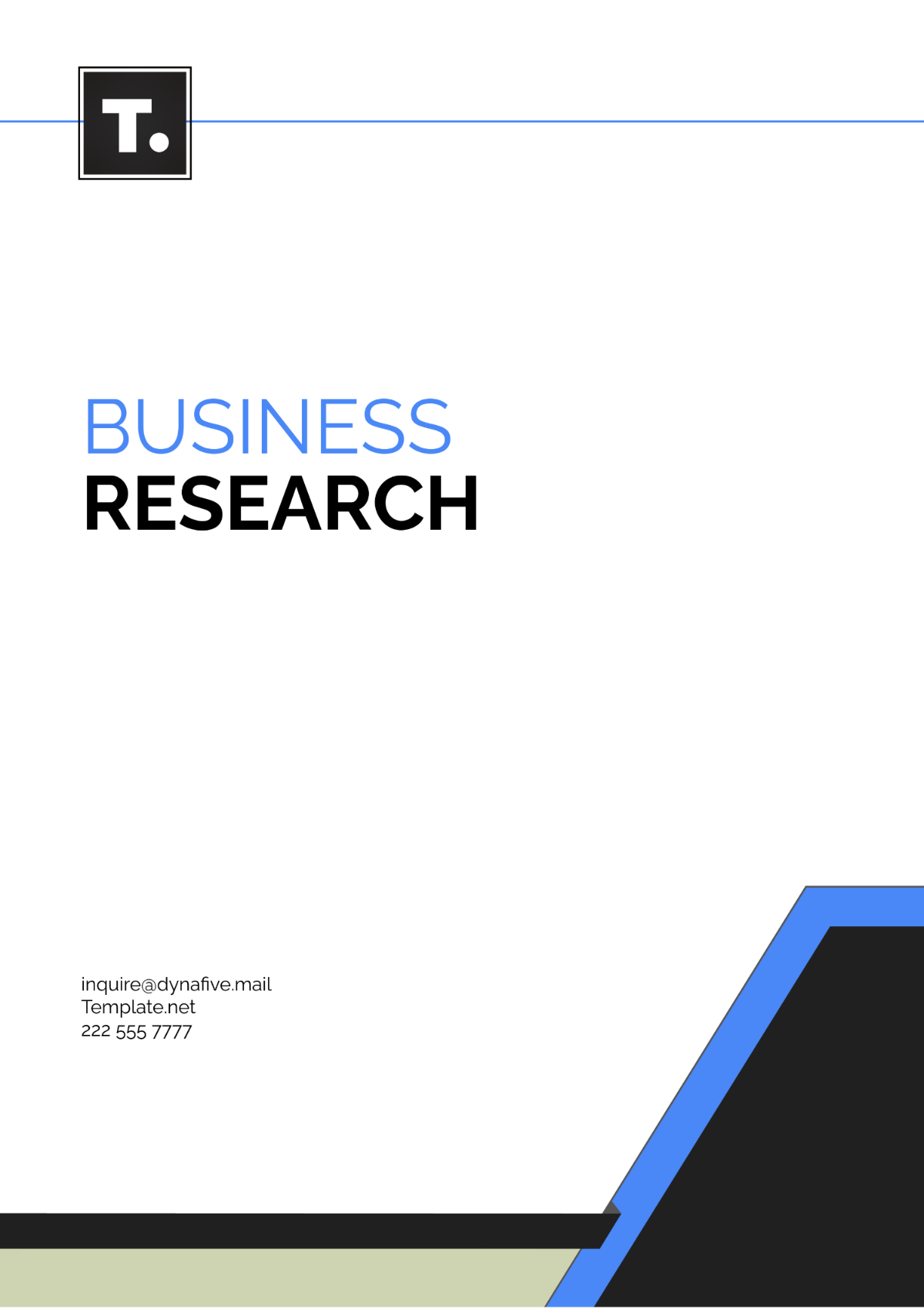Interview Summaries Explanatory Research
1. Introduction
Purpose: This research aims to understand how remote work affects employee productivity. Interviews were conducted with employees across various departments to gather qualitative data on their experiences and perceptions.
Scope: The research focuses on remote work’s impact on productivity, work-life balance, and job satisfaction.
Background: With the rise of remote work, organizations are keen to understand its benefits and challenges. This research provides insights that can inform organizational policies and practices.
2. Methodology
Interview Process: Semi-structured interviews were conducted to allow for in-depth exploration of employees’ experiences while maintaining a consistent set of questions across interviews.
Participants: Interviews were conducted with 20 employees from different departments (e.g., IT, Marketing, HR) and levels (junior to senior).
Data Collection: Interviews were recorded, transcribed, and coded for analysis. Notes were also taken during interviews to capture non-verbal cues.
Analysis Approach: Data was analyzed using thematic analysis to identify recurring themes and patterns related to remote work and productivity.
3. Findings
Summary of Key Insights:
Increased Flexibility: Many employees reported that remote work provided greater flexibility, allowing them to manage their work schedules more effectively.
Improved Focus: Some employees noted increased focus and productivity due to fewer office distractions.
Challenges with Communication: Difficulties in maintaining effective communication and collaboration were frequently mentioned.
Thematic Overview:
Flexibility and Work-Life Balance: Employees appreciated the ability to balance work with personal responsibilities.
Productivity Variations: While some experienced higher productivity, others faced challenges such as isolation and lack of motivation.
Communication Issues: Several employees highlighted issues with remote communication tools and maintaining team cohesion.
Quotes and Examples:
“Remote work has allowed me to structure my day in a way that suits my personal life better, leading to a noticeable increase in my productivity.” – Employee A, Marketing
“I find it challenging to stay connected with my team and sometimes miss the spontaneous interactions that happen in the office.” – Employee B, IT
4. Analysis
Interpretation of Findings: The findings suggest that remote work can enhance productivity for some employees by providing flexibility and reducing distractions. However, it also presents challenges related to communication and team cohesion.
Patterns and Trends: A trend observed is the divergence in productivity levels among employees, indicating that remote work’s impact may vary based on individual work styles and roles.
Implications: Organizations should consider offering flexible remote work options while also investing in tools and strategies to improve remote communication and team engagement.
5. Conclusion
Summary of Insights: Remote work positively impacts productivity for many employees by offering flexibility and reducing office distractions. However, it also introduces challenges, particularly in communication and maintaining team dynamics.
Recommendations:
Enhance Communication Tools: Invest in robust communication tools and practices to facilitate better collaboration.
Support Team Engagement: Implement strategies to maintain team cohesion and morale, such as virtual team-building activities.
Future Research: Further research could explore the long-term effects of remote work on career development and employee retention.
6. Appendices
Interview Transcripts: Available upon request.
Additional Data: Supplementary data on remote work policies from participating organizations.
References:
Doe, J. (2052). Impact of Remote Work on Productivity: A Comprehensive Review. Journal of Business Research.

















































